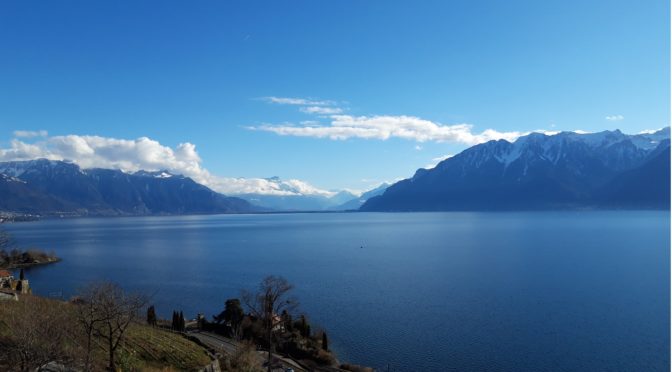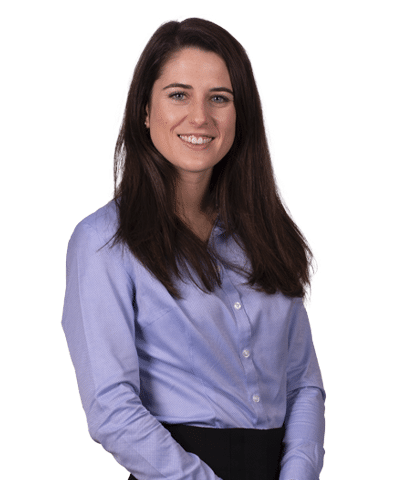
Switzerland is well-known for its lump-sum taxation system and for the opportunity to settle in the country and receive a B permit under this agreement. Indeed, this advantageous system gives a certain category of taxpayers some benefits when it comes to paying taxes by negotiating an annual flat fee with the canton of residence, in exchange for them participating in the local economy.
What is lump-sum taxation and how is it calculated?
Lump-sum taxation, also known as expenditure-based taxation, is a simplified taxation system through which the taxpayer’s taxes are based on their spending and not on their revenues. The tax is calculated on the basis of the taxpayers’ total annual costs of living in Switzerland and abroad, for themselves and their dependents.
The law sets the minimum value on the basis of which the tax must be calculated. This value is based on a comparative system. Three elements are taken into account:
- Minimum value set by the law
The law establishes an amount which represents the minimum expenditure on which the tax on income is calculated. On a federal level, this amount is of CHF 400’000.- for European citizens. For non-European citizens, the minimal amount can vary as it is set by each canton to account for the economic and fiscal interest of applying lump sum taxation to a non-European citizen. For example, the canton of Geneva bases the federal taxation on a minimal amount of CHF 750’000.-, while the minimum amount for the federal tax in Vaud is calculated based on the minimal amount of CHF 1’000’000.
- Annual rental value or gross rent or cost for housing and food
If the annual rental value or gross rent multiplied by seven, or the annual cost for housing and food multiplied by three is higher than the minimum value set by the applicable law, this will be the relevant element on which the tax on expenditure is calculated.
- Gross elements of income and wealth in Switzerland
The value on which the expenditure-based tax is calculated cannot be lower than the sum of certain gross elements of income and wealth in Switzerland. This forms the control calculation, which includes all Swiss income and fortune as well as any income from abroad on which the taxpayer doesn’t pay taxes based on a double taxation treaty entered into by Switzerland.
Of these three elements, the one on which the calculation resulting in the highest tax is based will be the relevant basis for the lump-sum taxation. This replaces the tax on revenue. There is no tax on fortune on a federal level.
Cantonal legislations follow the same system, although the value representing the minimum amount for expenditure can vary. The other two elements however remain the same. To calculate the tax on fortune, cantons have various methods. While some choose to add a certain percentage onto the amount used as a basis for the tax on expenditure, others multiply that amount by a certain sum. The taxes on income, or in this case expenditure, and on fortune are then added together to form the final tax.
Lump-sum taxation is calculated according to the ordinary tax rate in the federal and cantonal legislations.
Who can benefit from lump-sum taxation?
To benefit from lump-sum taxation, the fist condition is that the taxpayer is a foreign national and will not work while living in Switzerland. For non-European citizens, obtaining a residence permit relies on proving they will bring an economic or fiscal interest to their canton of domicile. This explains why the minimum value on the basis of which their taxes are calculated is higher than that for European citizens, who benefit of the agreement on the freedom of movement to obtain a Swiss residency permit.
British citizens are now considered as non-EU for Swiss permit applications.
Secondly, the taxpayer must have their tax domicile in Switzerland for the first time or after a ten-year absence from the country.
Other than managing their assets, the taxpayer cannot not be gainfully employed in Switzerland or be registered as the director of a company in Switzerland.
In the case of married or registered couples, these conditions must be met by both spouses.
It is expected from the person benefiting from lump-sum taxation to buy one or several properties in Switzerland, register their children in private schools and spend their fortune in their canton of residence.
Which canton has the most beneficial lump-sum taxation system?
Many Swiss-German cantons have decided to reinforce their laws on lump-sum taxation, making the requirements to be met more restrictive.
The cantons favoured by foreign nationals in terms of lump-sum taxation are the French speaking cantons of Geneva, Vaud and Valais. The Swiss-German canton housing the most foreign nationals benefiting from this system is Berne. Finally, the Italian speaking canton of Tessin is also a very popular destination for lump-sum tax residents.
How does lump-sum taxation differ between cantons?
Here is a comparative view of the minimum values on the basis of which the tax on expenditure is calculated in the five cantons containing the most foreign nationals benefiting from this system.
|
Canton |
EU-citizens |
Non-EU citizens |
||
|
Minimum revenue |
Minimum fortune |
Minimum revenue |
Minimum fortune |
|
|
Geneva |
CHF 400’000.- |
CHF 440’000.- |
CHF 750’000.- |
CHF 825’000.- |
|
Vaud |
- |
CHF 415’000.- |
- |
CHF 1’000’000.- |
|
Valais |
CHF 250’000.- |
CHF 1’000’000.- |
CHF 700’000.- |
CHF 2’800’000.- |
|
Berne |
CHF 400’000.- |
Fiscal value of the property in Berne. |
CHF 400’000.- |
Fiscal value of the property in Berne. |
|
Tessin |
CHF 400’000.- |
CHF 2’000’000.- |
CHF 750’000.- |
CHF 3’750’000.- |
Due to a modification in the Federal Tax Harmonisation Act, cantons now have to account for fortune, which is taxed separately. As mentioned, they are free to choose which system they apply to do so. However, the canton of Vaud doesn’t tax expenditure and fortune separately, which is why the minimum amount on which the final tax is calculated includes the fortune.
Some cantons decided to abolish the lump-sum taxation system altogether. These cantons are Zurich, Bâle-Ville, Bâle-Campagne, Schaffhouse, and Appenzell Rhodes-Extérieures.
Therefore, through the high economic and fiscal interest this category of taxpayers brings to their canton of residence, the foreigner who obtains a lump-sum tax agreement can apply for a B permit through a derogation and settle in Switzerland as long as they don’t work and as long as they contribute significantly to the local economy.
Contact us if you meet the conditions and wish to apply for the lump-sum tax agreement in Geneva, Vaud or Valais to obtain a Swiss residency permit.
14/02/22 - Amélia Rauss and Alexa Mossaz, Legal Expat







